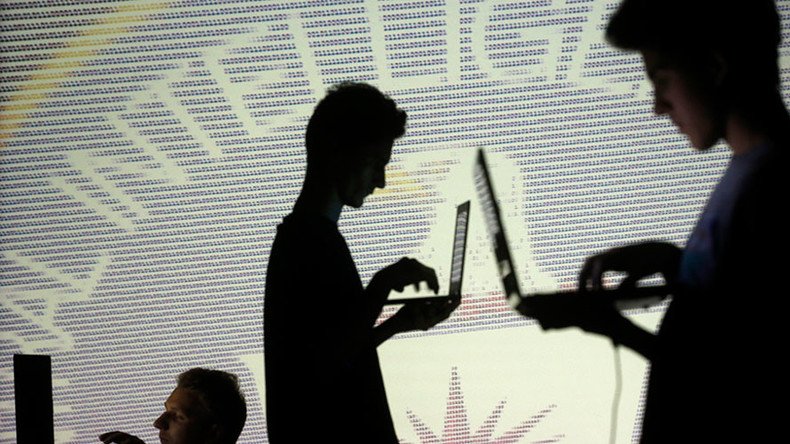Documents shedding light on CIA-orchestrated Iranian coup of ’53 released by State Dept

The US State Department has released a volume of declassified documents detailing the role the United States played in the 1953 coup against the Iranian government of Mohammad Mosaddegh.
Released Thursday, the 1,000-page “Foreign Relations of the United States, Iran, 1951–1954” provides information on the use of covert operations in Iran by the Truman and Eisenhower administrations.
The documents cover the period around the 1953 coup d'état, which saw the overthrow of democratically elected Prime Minister Mohammad Mosaddegh and the strengthening of the monarchical rule of Mohammad Reza Pahlavi.
CIA files reveal US ties w/Argentina's ‘Dirty War’ despite knowledge of human rights abuses https://t.co/PwA7WP5PQxpic.twitter.com/7MwlbIeJI1
— RT America (@RT_America) December 20, 2016
The documents include records describing planning and implementation of the covert TPAJAX Project, which was the CIA name for the coup operation. The documents outline numerous CIA operations including a general overhaul of the Iranian intelligence and security services and it outlines the establishment of a clandestine broadcasting station in Iran.
The new documents complement previous volumes which were published in 1989. The previous collections were controversial as they omitted all references to the role of US intelligence agencies in the coup.
'Full history': Secret CIA documents now available online https://t.co/ruDf7WAMShpic.twitter.com/pIBYLPubvt
— RT America (@RT_America) January 18, 2017
For decades, US and UK governments refused to acknowledge the role they played in the 1953 coup, despite reports appearing in the media as early as 1954 and former CIA and MI6 operatives publishing memoirs about what they did in the country. The most famous of these books was Kermit Roosevelt’s “Countercoup.” The CIA did not officially acknowledge its role until 2013.
“This is going to be an important source for anyone interested in the tortured relationship between Washington and Tehran,” said Malcolm Byrne, who runs the National Security Archive’s Iran-US Relations Project. “But the fact that it has taken over six decades to declassify and release these records about such a pivotal historical event is mind-boggling.”
Nuclear submarine crash off Scotland ‘could have started war’, says @CIA files. https://t.co/0c3hyFkVYx
— RT UK (@RTUKnews) January 25, 2017
The State Department made little effort to publicize the release, slipping it in at the end of a press release. After listing 16 other publications, it briefly mentioned the publication of the Iran volume – some of which remains classified.
“The declassification review of this volume, which began in 2004 and was completed in 2014, resulted in the decision to withhold 10 documents in full, excise a paragraph or more in 38 documents, and make minor excisions of less than a paragraph in 82 documents,” the preface reads.
The volume is part of an ongoing project from the Office of the Historian to digitize the entire Foreign Relations series.












